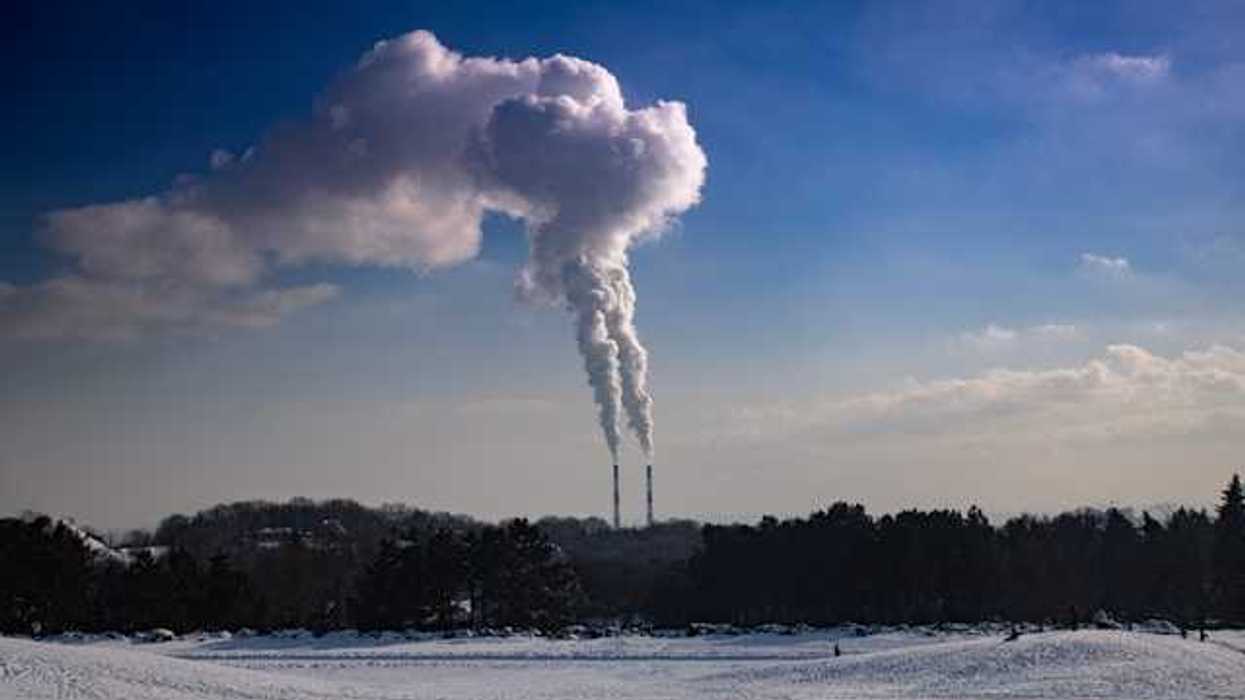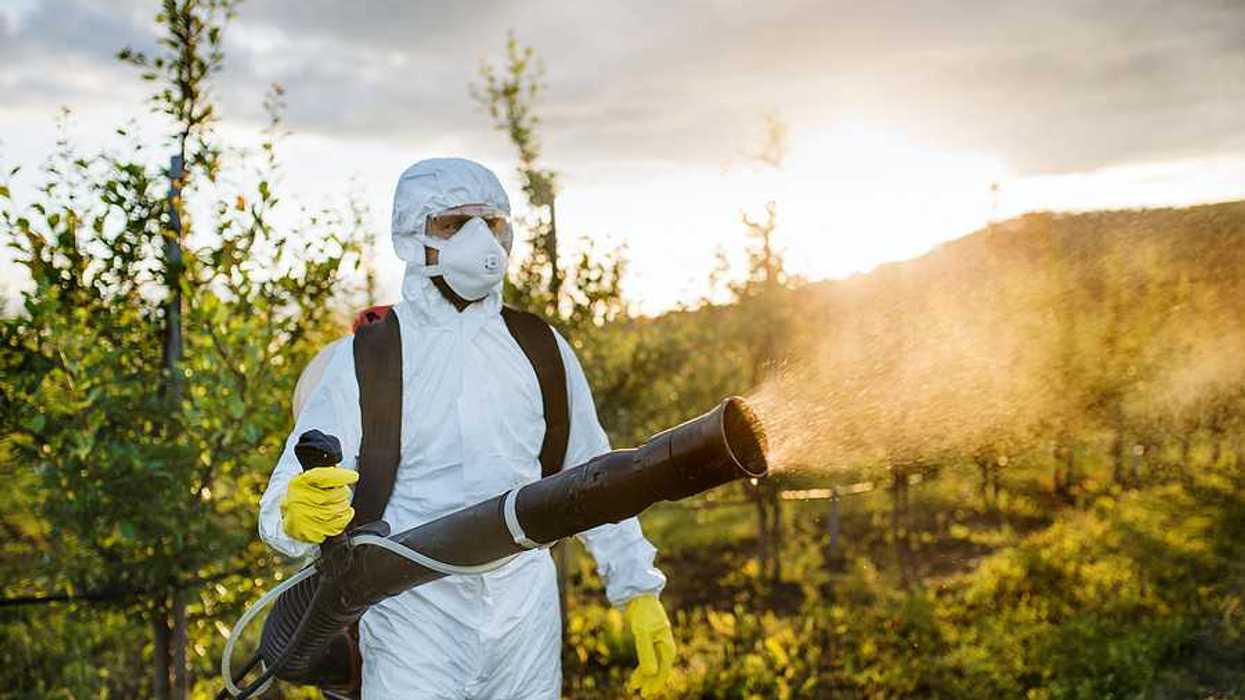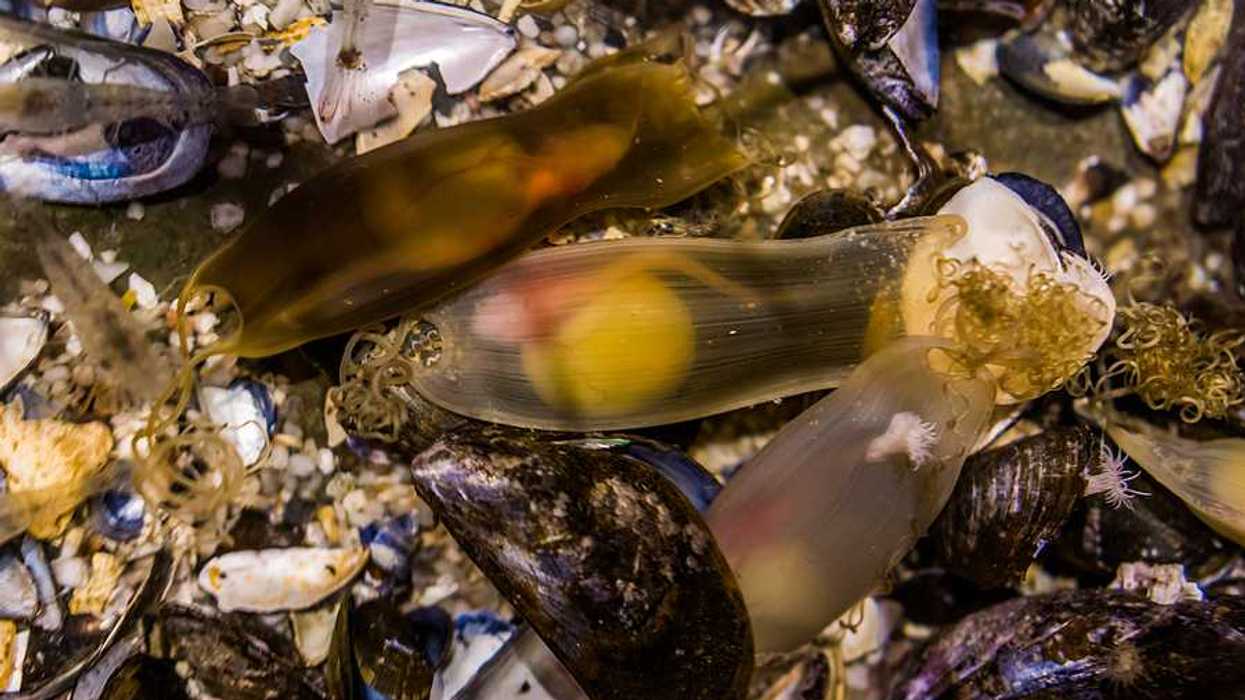A Maine farm advocacy group is pushing for federal regulations on PFAS in wastewater sludge due to widespread contamination risks.
Marina Schauffler writes for ContamiNation.
In short:
- PFAS contamination in Maine farms traces back to wastewater sludge used over a decade ago.
- Maine banned sludge application and compost sales in 2022, but no federal protections exist.
- MOFGA plans to join a lawsuit against the EPA to enforce stricter federal PFAS regulations.
Key quote:
“We know the risks are there. We want them to take action.”
— Sarah Alexander, executive director of MOFGA
Why this matters:
PFAS are toxic chemicals linked to serious health issues, including cancer, and their presence in agricultural sludge threatens the safety of the U.S. food supply. Farmers and environmentalists alike are worried about the long-term impacts of PFAS on food safety and public health. The advocacy group argues that without stringent federal regulations, the problem will only grow, endangering communities and ecosystems.














